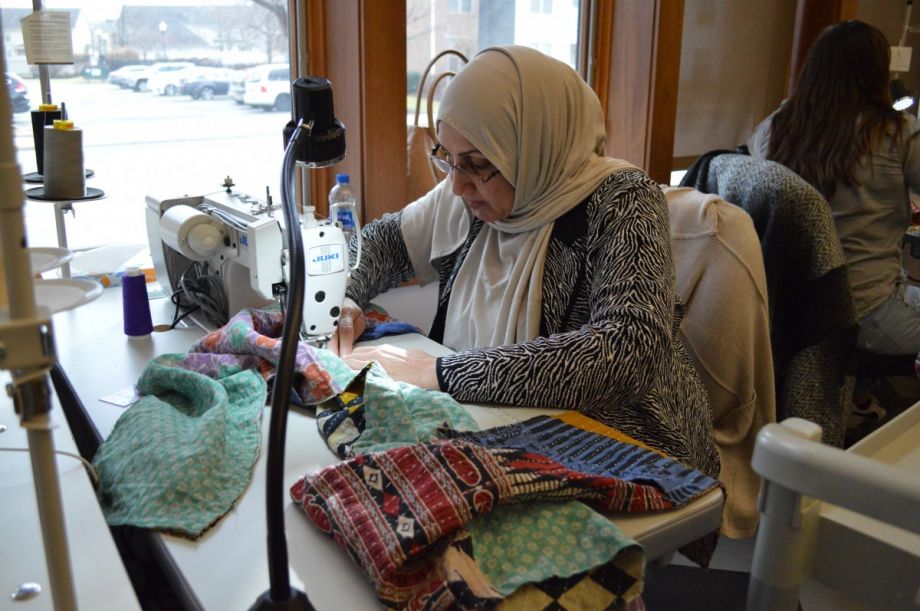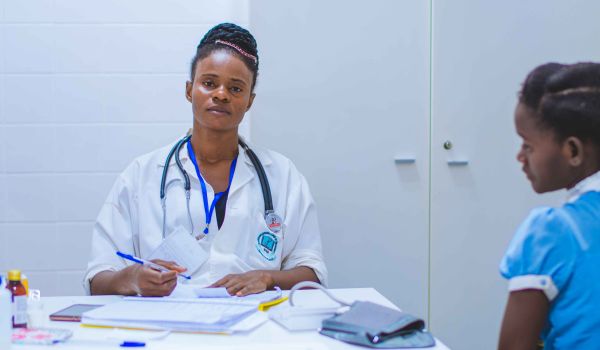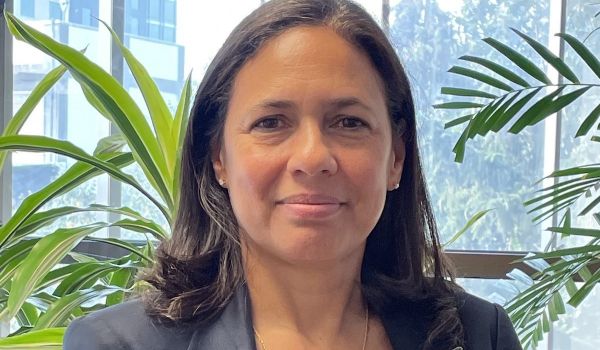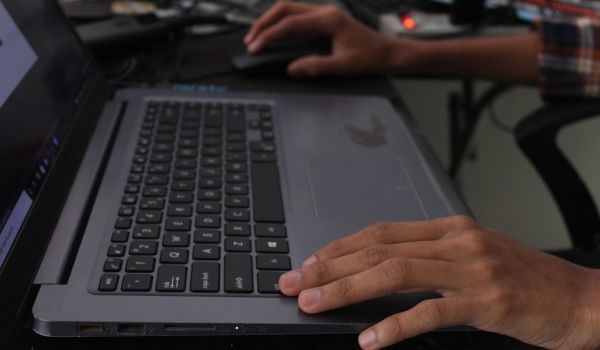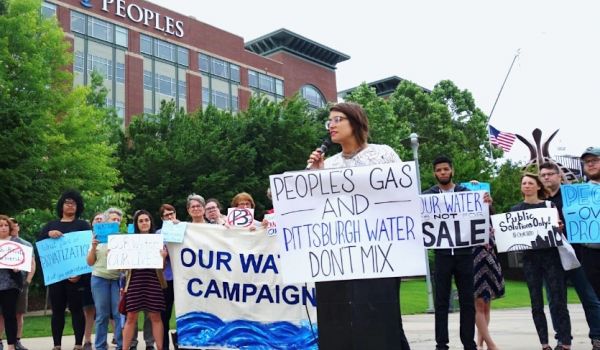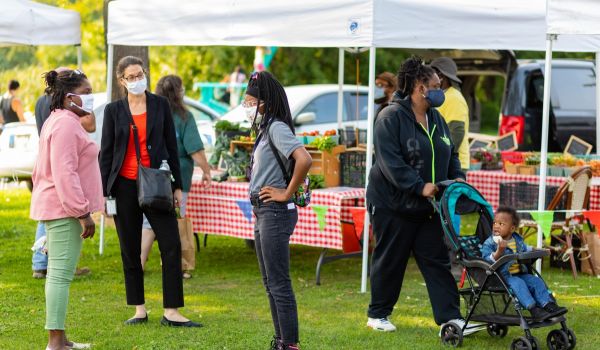In Pittsburgh, the East End Cooperative Ministry runs the training program SewForward to help people — predominantly unemployed immigrants and refugees with limited language skills — to learn the skills to work any sewing job. In Nashville, a similar program run by the Catholic Charities of Tennessee, called the Sewing Training Academy, taught over 300 people to sew during five years and has successfully placed participants in jobs with local fashion brands and sewing businesses, while supporting others to start their own businesses.
Sewing programs run by faith organizations might not scream “manufacturing,” but to the Urban Manufacturing Alliance, they embody not just the future of the industry but the ways to make it more inclusive.
Both Sew Forward and the Sewing Training Academy are highlighted in an Urban Manufacturing Alliance report released today titled “Manufacturing’s Emerging Partners: Faith-Informed Organizations Supporting Employment and Entrepreneurship.” The report examines the emergence, and effectiveness of, faith-based and faith-informed organizations as partners or connectors in the manufacturing sector. The report calls them “critical partners to inclusive manufacturing growth.”
The Urban Manufacturing Alliance considers manufacturing a promising wealth-building strategy for marginalized urban communities. “But in order to do that, and harness the power of manufacturing for cities and towns, we needed to broaden the notion of what people think of as a manufacturing practitioner,” says UMA’s founding executive director Lee Wellington. “There needed to be more people at the table when developing the policies that connect manufacturing to communities.”
One group that emerged in connecting manufacturing to communities — that Urban Manufacturing Alliance wasn’t expecting — was faith-based organizations. In working with garment and textile producers, the alliance connected with the Catholic Charities of Tennessee. In collecting data on ways to support new manufacturing workers, the connection was with the Chicago nonprofit Manufacturing Renaissance. “It was coming to us through all of our work … so we asked how could we create a medium to elevate these organizations as partners?” asked Wellington.
The result is the report, which highlights six faith organizations in Pittsburgh, Nashville, Cleveland, Cincinnati, Detroit and Chicago. Two organizations have in-house workforce development programs while the other four provide services like career readiness, financial education, access to affordable space and transportation.
The report breaks down the four most important roles faith organizations play. Skills development means workshops and curriculum to train individuals or enhance their skills. Wraparound services can include rehab programs, health, wellness and transportation assistance. Affordable, accessible workspace can be carved out from underused spaces in houses of worship. Finally, as part of advocacy and outreach, faith organizations serve as community ambassadors to advocate for manufacturing training and job placement — often within marginalized communities that traditional manufacturers have overlooked.
The six organizations are highlighted as embodying these different roles. Cincinnati’s Nehemiah Manufacturing hires “second-chance employees,” people with conviction records, in its partnerships with companies to license or acquire small brands. After a social worker helped the organization identify the additional needs of these employees, Nehemiah developed a support network to help with issues like substance abuse and food insecurity.
The advocacy and support of Chicago’s Manufacturing Renaissance includes addressing the wide scale loss of jobs across the city, linking public high school students and young adults to the regional manufacturing sector through a career pathways program, and advocating for policies that strengthen the sector through the Chicagoland Manufacturing Renaissance Council.
In Detroit, Eastern Market provides affordable commercial kitchen space through Detroit Kitchen Connect, an organization providing food entrepreneurs with shared-use kitchens in neighborhoods, including inside churches.
Both SewForward and the Sewing Training Academy are highlighted for skills development. SewForward, the Pittsburgh program, emerged from a partnership with the Pittsburgh Opera where participants learned sewing techniques from the opera’s wardrobe staff. In 2017, East End Cooperative Ministry converted a classroom into a sewing studio, purchased Juki sewing machines and hired a sewing instructor to formalize the program. An apprenticeship program started in 2019.
During COVID-19, the program hired five people, including two former apprentices, to sew 11,000 masks. Sydney Hardiman, sewing program manager, is planning to offer a new workforce development training when it’s safe to gather again. As far as recruiting people for apprenticeships, she points out that East End Cooperative Ministry is part of a larger collective of local faith organizations. “The first places we’re going to go are all the ministries we work with — they’re the ones doing all this work, a lot of faith communities have been picking up the slack,” she says of the past year of the pandemic.
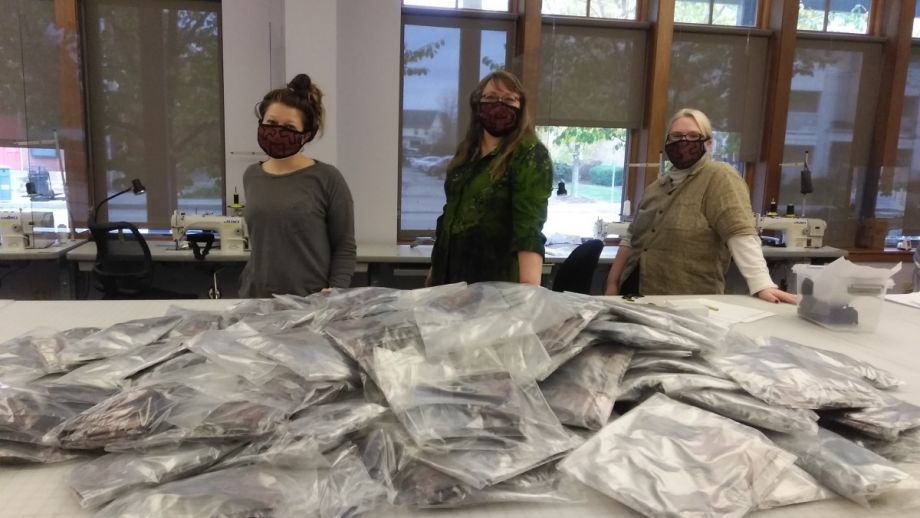
Some of the 11,000 masks sewn by EECM during the pandemic (Photo by Sydney Hardiman)
In Nashville, the Sewing Training Academy has seen both demand and successful job placement: in 2018, of the 34 career-oriented students who went through the program, six began part-time jobs in sewing, seven started full-time jobs in sewing, and ten started businesses in sewing or used the skills to grow their existing businesses.
The academy plans to open a dedicated production facility later this year to produce its own sewn goods and goods for local businesses wanting to manufacture within the city. “The production facility will give current students paid apprenticeship opportunities to improve their skills, get paid and continue to gain hours toward [sewing] certification,” says Trishawna Quincy, the academy’s program director. It will also allow the academy to become self-sustainable; it is currently grant funded.
“The support of Catholic Charities, them keeping it running even when something wasn’t working, it gave us some room to fail,” Quincy says of its growth over six years.
Participants often come from other programs offered by Catholic Charities, which include housing assistance and refugee support. “Connections like that from greater Catholic Charities, that’s one way it’s been an asset,” Quincy says.
Catholic Charities has expanded its workforce development offerings — including a culinary program started in 2019 — and the Sewing Training Academy serves as a model as ways these programs could expand to eventually become self-sustainable.
As far as the strength of faith organizations in manufacturing and workforce development, Quincy says, “There is a greater purpose in helping people, and a lot of helping people is giving them work that is meaningful to them.”

Emily Nonko is a social justice and solutions-oriented reporter based in Brooklyn, New York. She covers a range of topics for Next City, including arts and culture, housing, movement building and transit.
Follow Emily .(JavaScript must be enabled to view this email address)

